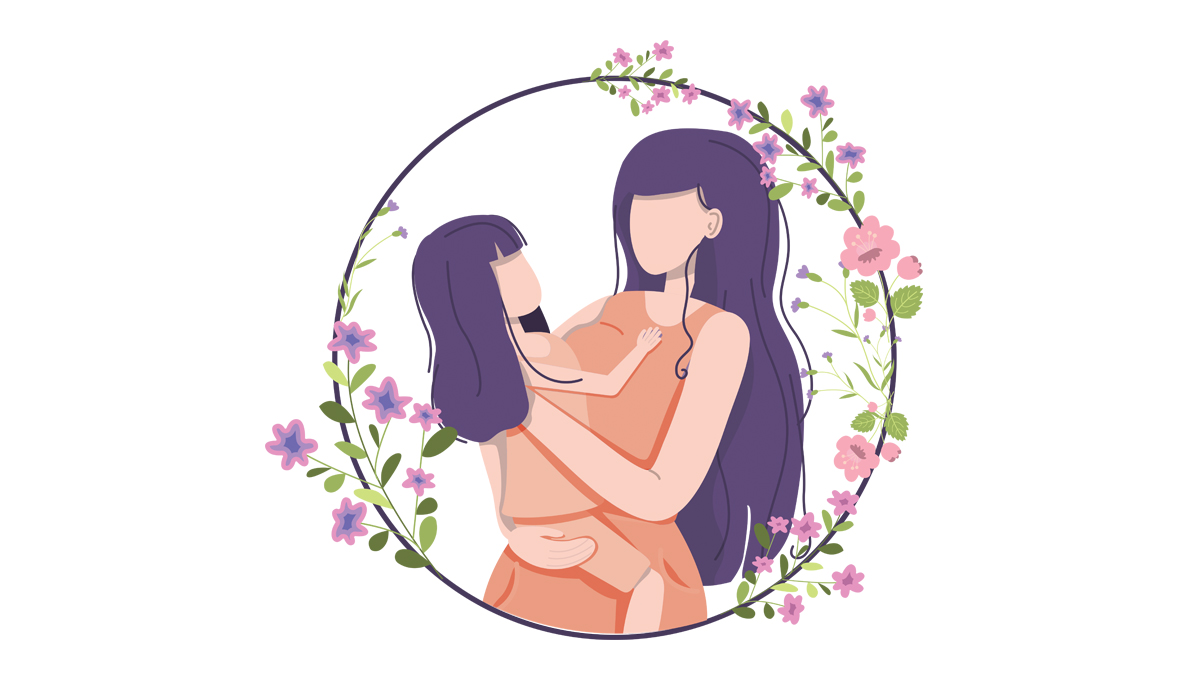Utilicemos los talentos y dones que nos fueron depositados y hagamos que funcionen para llegar al lugar que está diseñado para nosotros
Aprovechar nuestra juventud no sólo implica diversión, también conlleva un tiempo de siembra, y esta no únicamente se relaciona con dinero, hay cosas que debemos atesorar intensamente como: el tiempo, la salud, la paz, la familia, las buenas compañías y los momentos.
Si nos fijamos y volvemos a leer, todas ellas son cosas que no se pueden adquirir en ningún comercio, son cosas que sólo están y que a veces nos pasan desapercibidas, todo lo demás como: el éxito, el dinero, la pareja ideal, la carrera u oficio de tus sueños, llegará por añadidura.
La juventud no está peleada con las buenas decisiones, es verdad que todos tenemos derecho a equivocarnos y a ir aprendiendo de los errores, pero debemos de evitar a toda costa equivocarnos con nosotros mismos, es por ello que debemos de aprovechar nuestra juventud para irnos construyendo a nosotros mismos, empezando por nuestro cuerpo ya que es el lugar que habitaremos el resto de nuestra vida, cuidemos de él en la medida de lo posible a través de la comida y el ejercicio, hay que hacerlo no únicamente por cuestión de apariencia física sino porque así estaremos construyendo nuestra autonomía, respetemoslo y dignifiquémoslo cuidando de él alejándolo de cualquier cosa que pueda dañarlo.
También hay que alimentar nuestra mente con pensamientos que edifiquen, que nos impulsen y que nos hablen de victoria. El mundo ya está demasiado lleno de cosas negativas como para enfocarnos en ellas, ahora y sin que sea menos importante, cuidemos de nuestra alma manteniendo una buena relación con aquello en lo que creamos firmemente, pongamos un ancla en nuestras metas y proyectos y no permitamos que los vientos fuertes de la vida nos muevan, pongamos nuestra fe en quien nos creó y dejemos que la vida nos sorprenda.
No seamos tan duros con nosotros mismos, tratémonos con amor y paciencia pues cada uno estará viviendo su propio proceso para llegar a su destino, aprovechemos la juventud de la mano de los talentos y dones que fueron depositados en nosotros y hagamos que funcione a nuestro ritmo sin comparaciones porque todos sin distinción llegaremos al lugar que está diseñado para nosotros.
P.D. Cada estación tiene sus propios retos, pero en la juventud es donde hechas a la mochila las armas con las que te defenderás el resto de tu vida. ¡Aprovéchala!.
Making the Most of My Youth
Let’s use the talents and gifts placed within us and make them work to reach the place designed for us.
Making the most of our youth isn’t just about having fun — it also involves a season of sowing. And this sowing isn’t only about money; there are things we must treasure deeply, like: time, health, peace, family, good company, and meaningful moments.
If we take a closer look and read that again, we’ll notice that all of these are things that can’t be bought anywhere — they simply exist, and we often take them for granted. Everything else — success, money, the ideal partner, your dream career or trade — will come as a result.
Youth doesn’t have to be at odds with good decisions. It’s true that we all have the right to make mistakes and to learn from them, but we must avoid, at all costs, making mistakes that harm ourselves. That’s why we need to take advantage of our youth to build ourselves up — starting with our bodies, because that’s the place we’ll inhabit for the rest of our lives.
Let’s care for it as much as we can through healthy food and exercise — not just for physical appearance, but because this builds our independence. Let’s respect and dignify our bodies by keeping them away from anything that might harm them.
We also need to nourish our minds with thoughts that uplift us, push us forward, and speak of victory. The world is already filled with negativity — we don’t need to add more to it. And just as importantly, let’s care for our souls by maintaining a good relationship with what we firmly believe in. Let’s anchor ourselves in our goals and projects and not allow the strong winds of life to shake us. Let’s place our faith in the One who created us — and allow life to surprise us.
Let’s not be so hard on ourselves. Treat yourself with love and patience, because everyone is living their own process on the way to their purpose.
Let’s make the most of our youth, together with the talents and gifts that have been placed in us — and let’s make them work at our own pace, without comparisons. Because we will all, without exception, arrive at the place that was designed just for us.
P.S. Every season has its own challenges — but youth is when you pack your backpack with the weapons, you’ll use to face the rest of your life. Make the most of it!.

